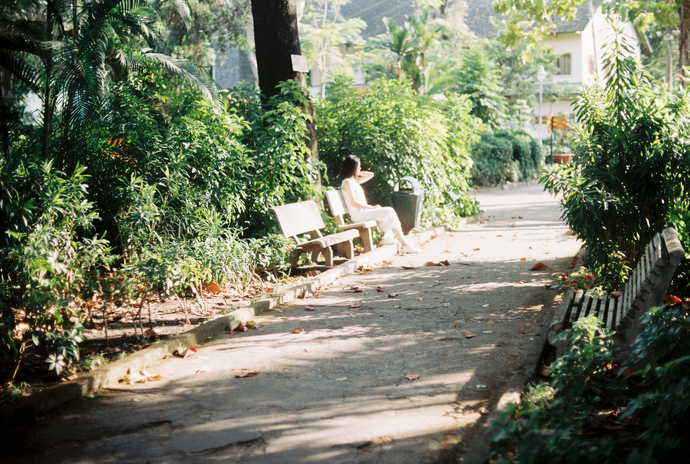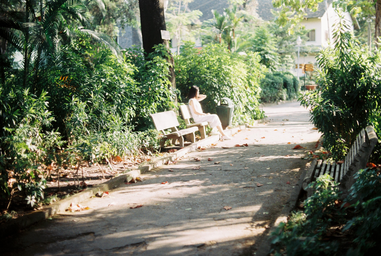When I was growing up, the most desirable thing to be was “not like other girls” – not into makeup, more interested in books than boys, a whole litany of ways to belittle other women to put yourself on a pedestal. And then there were the “Manic Pixie Dream Girls,” the Ramona Flowers-esque female characters with quirky interests and unconventional looks.
Now, the current trend on TikTok is to strive to be the “main character”. People make videos that center around themselves as if they were the protagonist in a coming-of-age film, playing dramatic music and gazing through the windows on the subway.
Each of these ideas centers around a desire to be distanced from the other people in your life, a need to be the most interesting – and, in turn, to put down other women.
While many people understand how the “not like other girls” complex is rooted in internalized misogyny (take this satirical piece from the New Yorker, for example), TikTok’s version seems to fly under the radar.
The whole trend is indicative of a cultural mindset that is largely focused on controlling the world’s perception of you.
The idea began with the message to “romanticize your life” – to take notice of the little beautiful moments in life like making coffee, walking your dog, or even just the way the light shines into your window every morning. It’s a sentiment that resonated with many young people grappling with the consequences of a global disaster limiting their ability to have typical experiences. And while finding beauty in everyday things is a noble pursuit that can help you enjoy your days and become happier in yourself, the message has shifted to a more extreme level of forced individualism.
The key difference lies in the recording and publicizing of those moments. I am far from being opposed to social media, and TikTok as a platform has provided young people with a great opportunity to practice creative arts and celebrate their lives in public, but the benefits of appreciating the little things in life is in direct opposition to a desire to broadcast them.
It stops being about appreciating your genuine life, and starts to be about showing the world the beautiful parts of your life. Recording the things that make you unique and using them to label yourself as the main character is not about accepting your quirks, it’s about being the most interesting.
In recording the quiet moments of beauty in your life, you commodify them. You’re not romanticizing your life, you’re voyeurising it.
My advice is to stop trying to be the most unique, most individualistic and idealized version of yourself – and definitely stop trying to prove to other people that that’s who you are. Find the beauty in your life and cherish it, but don’t feel the need to broadcast it.
Your life doesn’t need to look like a movie to have worth, and you don’t need to be the main character to be good.



